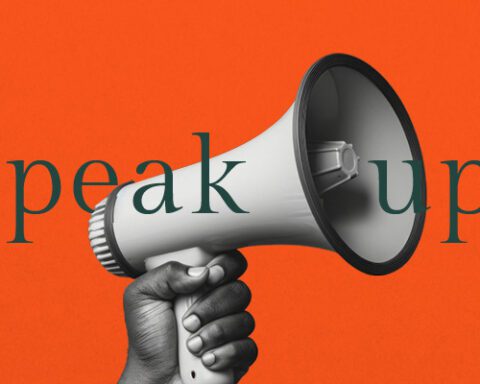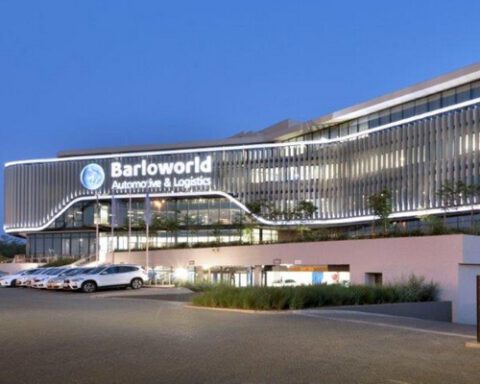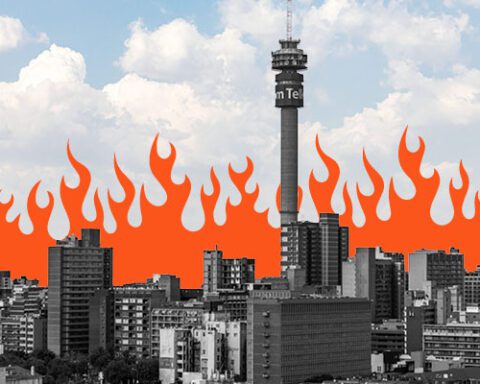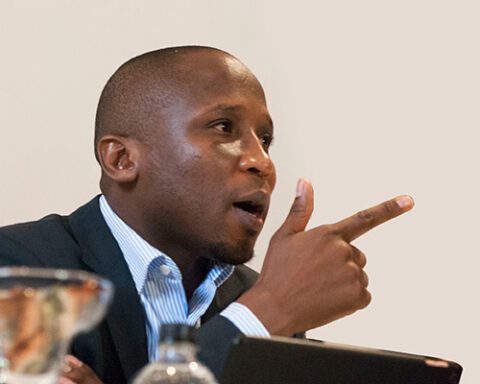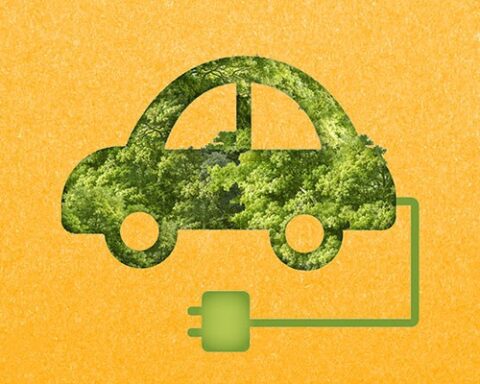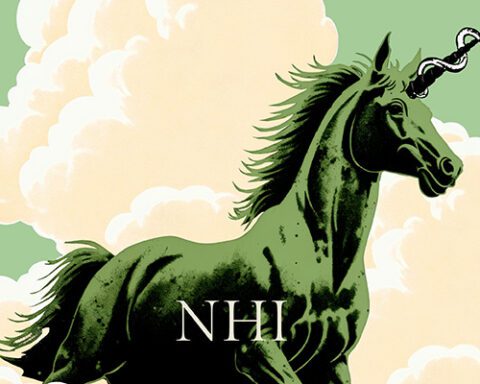Watersplaining. Back-slapping. And stating the obvious. That’s much of the media release coming out of Sunday’s meeting about Joburg’s “water challenges”. Or, as it’s known outside the hallowed halls of politics, Joburg’s “water crisis”.
If the press release is to be believed, this was a politician’s affair. In attendance were the water and sanitation minister and deputy ministers, the Gauteng premier, the co-operative governance and traditional affairs MEC, and the Joburg mayor. Outside of the leadership of Rand Water, there was nary a water expert in sight. And no representative from Joburg Water.
So, leaving things almost entirely in the hands of politicians. What could possibly go wrong?
You’ll be happy to know that the meeting reached a “unanimous agreement on the causes of the water supply interruptions and what needs to be done to restore a stable water supply”. Of course, any resident of the metro could tell you about the causes and course of action required. But who needs common sense when you can pontificate?
But first, our esteemed politicians filled the press release with a longwinded explanation of where Joburg’s water comes from. In short: Rand Water buys a prescribed amount of untreated water from the department of water and sanitation. It treats the water, stores it and pumps it to municipal water authorities, like Joburg Water. Municipalities buy said water and sell it to their residents. Done.
If you’ve been without water for weeks on end, you may have asked the fine attendees to skip ahead to the important bits already.
Institutional failure
But before that, we are told that supply is under pressure because of population and economic growth. A no-brainer.
The department has recognised the pending issue since the 1980s (actually, the 1950s) and put in place mechanisms to mitigate the fallout. These include the Lesotho Highlands Water Project (LHWP). Construction of the second phase of the project began in October 2022 and will deliver a further 490-million cubic metres of water per year into the water system by 2028.
Of course, that’s assuming that phase two of the LHWP is done in four years. After all, the agreement for the R40bn project was signed in 2011, according to Daily Maverick. Then it was supposed to be completed by 2019. And Cyril Ramaphosa announced last February that construction was imminent. So, no great rush then.
As the publication points out, there have been problems from the Lesotho side – including changes of government – but the South Africans haven’t fared much better. Having six ministers and 11 directors-general (including in an acting capacity) since 2013 has delayed decision-making. And allegations of political interference and corruption abound. Of course.
Still, water experts have warned that the LHWP won’t fix the problems in Gauteng. The real cause of the current crisis, as we well know, is institutional failure at the municipal level.
Clearly, addressing woeful governance failures wasn’t high on the agenda at Sunday’s meeting. The issue, we are told, is that “peak demand is close to, and occasionally exceeds, the available supply from Rand Water”. Again, a no-brainer.
Of course, the reason demand exceeds supply is in no small part because this precious commodity is allowed to go down the drain: an estimated 35% of water in Joburg is lost to leaks, according to the 2023 No Drop Report (experts put the figure at about 40%). At least the meeting agreed Joburg must fix its leaks. Shew.
There is, of course, the standard blame-shifting. Consumption in Gauteng is 279l per person per day against a global norm of 173l. Now, there’s no doubt we can be more water-wise (who actually needs to wash their driveways?). But the number is something of a misnomer. As experts have pointed out elsewhere, it includes leaks, illegal connections and water used for commercial purposes. Take off 35% for leaks and the 10% water expert Antony Turton estimates for commercial use, and the picture looks very different.
Not helping matters is the unbilled authorised consumption, which eats into revenue that could be used to renew infrastructure. It’s flagged in Joburg Water’s 2024/25 business plan. Much of it is the result of institutional failings: consumers not in the billing database, large areas of unbilled metered stands, and 99,000 customers who are charged a flat rate for using up to three times more water than they’re supposed to.
‘The plan’
Back to Sunday’s meeting. Here’s what Joburg Water is apparently going to do. It’s an eight-pronged plan, which looks impressive. Only, four of those points can be collapsed into one: identify leaks and increase capacity to fix them by, for example, finally contracting more teams and making more trucks available for maintenance.
Other measures include throttling water until some undetermined future date; cutting off illegal connections; implementing advanced pressure management systems to stem losses during low-demand periods; and, of course, getting the private sector to partner with the government to throw some efficiency into the mix.
The meeting also backed Joburg Water’s “turnaround strategy”. That includes tasking the water utility with being the single point of accountability for water matters (in any efficient system, it would have been already), and – at last – ring-fencing revenue received for water to be used on water infrastructure maintenance and expansion.
Which all sounds rather good – if not dead obvious. But here’s the snag. In its 2024/25 business plan, Joburg Water identifies a central risk to the utility as the failure of its turnaround strategy. Problematic, it notes, is that the company “has a high dependency factor on the city, which limits its control over critical decisions and actions”.
It also flags issues such as “inadequate political ownership and accountability”, including “frequent changes at political leadership [level]”. Then there’s delayed decision-making and approval, failure by the council to adopt strategic shifts, an unresponsive financial model on the part of the city, and a lack of autonomy of the board when it comes to decision-making, among others.
These are systemic issues in a city with a revolving door of administrations – and mayors – and an inability to govern its way out of a paper bag. If the City of Joburg remains the disaster it is, no amount of hot air or “unanimous agreement” is going to fix the water crisis.
For that, we need some real leadership with the capacity to actually govern effectively – something the city hasn’t seen for years.
ALSO READ: Joburg heads for ‘Day Zero’
Sign up to Currency’s weekly newsletters to receive your own bulletin of weekday news and weekend treats. Register here.

